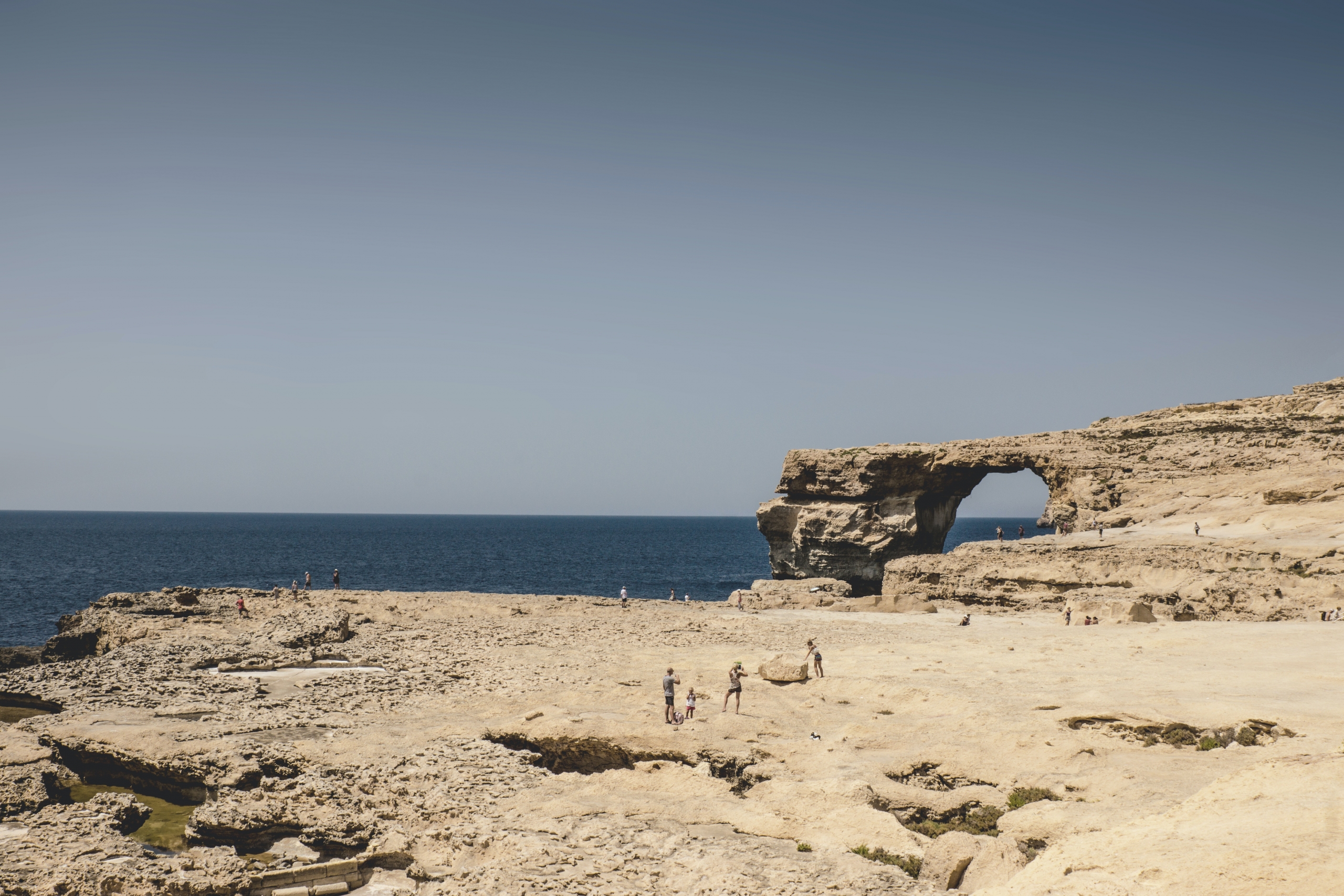Maak hier een registratie voor jouw school.
Kostprijs van deze cursus: (van toepassing voor wie meer mensen dan voorzien door het consortium op cursus wil sturen)
BEURSBEDRAG DAT ONTVANGEN WORDT
Elke deelnemer die de nascholing bijwoont via een Erasmusbeurs, krijgt een vergoeding die samengesteld is uit onkosten voor het transport, een persoonlijke verblijfsvergoeding en een bijdrage voor het cursusgeld.
Deze bijdrage is een forfait dat rekening houdt met de levensduurte van het land waar de cursus plaats heeft en de afstand tot cursusplaats. De EU heeft hiervoor richtgetallen vastgelegd waarin de cofinanciering van de scholen al inbegrepen is. https://ec.europa.eu/programmes/erasmus-plus/programme-guide/part-b/three-key-actions/key-action-1/mobility-project-school-education-staff_en
De exacte bedragen voor Vlaanderen werden door het Vlaams nationaal agentschap EPOS bepaald op basis van die richtgetallen van de Europese Unie.
Deze bedragen worden door Eekhout Academy aan de school uitbetaald voordat de internationale nascholing start. De schooldirecteur zorgt dan voor de correcte doorbetaling aan de deelnemers.
OPM: Elke school kan ook deelnemers zonder Erasmusbeurs inschrijven voor de internationale nascholing. In dit geval is er geen subsidiëring met de bovenstaande bedragen.
CURSUSONKOSTEN
LESGELD EN CURSUSKOSTEN: € 855
Het lesgeld dekt: het cursusmateriaal, het gebruik van de conferentiezaal, het gebruik van ICT in de conferentiezaal en de kosten van de trainers en hun ontwikkelkosten.
De cursuskosten omvatten: de koffiepauzes en de verfrissingen tijdens de cursus, de middaglunches tijdens de cursusdagen, kosten en vergoedingen voor studiebezoeken en vervoer voor de cursusactiviteiten die deel uitmaken van het cursusprogramma.
OVERNACHTING / HOTEL
De deelnemers zijn vrij om hun overnachtingsplaats zelf te kiezen. Ze staan dan zelf in voor de betaling hiervan.
De Eekhout Academy kan voor de deelnemers van het consortium kamers op een hotel boeken. Dit gebeurt in afspraak met de scholen. De deelnemers betalen hun hotelkamer dan via de Eekhout Academy.
TRANSPORT
De deelnemers regelen zelf het transport naar en van de cursusplaats en ze boeken zelf hun vliegtuig. De deelnemers staan zelf in voor de betaling hiervan.
COURSE CONTENT
Schools are facing complex transitions that have an impact on all levels and for all stakeholders. There are a lot of exciting challenges to be realised such as: developing basic skills, literacy and key competences, thinking skills, language skills and creativity. In addition, the Covid pandemic created an urgence to act immediately and effectively. Only inspirational and strategic leadership provides a vision and direction towards effectiveness and success in these matters.
“To mobilise support for innovation, resilience and change, particularly in the uncertainty created by the pandemic, education systems need to become better at communicating the need and building support for change. Investing in capacity development and change-management skills will be critical; and it is vital that teachers become active agents for change, not just in implementing technological and social innovations, but in designing them too. “ © OECD 2021, The state of school education: One year into the COVID pandemic.
The course also explores didactical skills for teachers who want to enable dynamic learning in tomorrow’s learning environment based on new learning theories.
The course wants to contribute to the empowerment of schools as learning organisations. During the course sessions we have a look at different aspects of education quality and the role of the school team to achieve good quality.
Participants will get to know new teaching and learning methods that address the educational challenges of the future.
At the end of the course, the participants should be able to define a realistic list of challenges, priorities and possible solutions, and design the accompanying leadership approach to implement the innovation towards a higher education quality.`
EXAMPLE OF PROGRAMME
Day 1:
Introduction, ice breaking, presentation of programme
Leadership
Day 2:
Innovation
Day 3:
Education Quality
Didactical and pedagogical processes
Day 4:
Relation and interaction between leadership, innovation and education quality
Innovation as change, capacity development and change-management skills
Day 5:
Transfer exercises
Presentation of ‘Master Piece’ on own context
Evaluation, certificates and farewell


